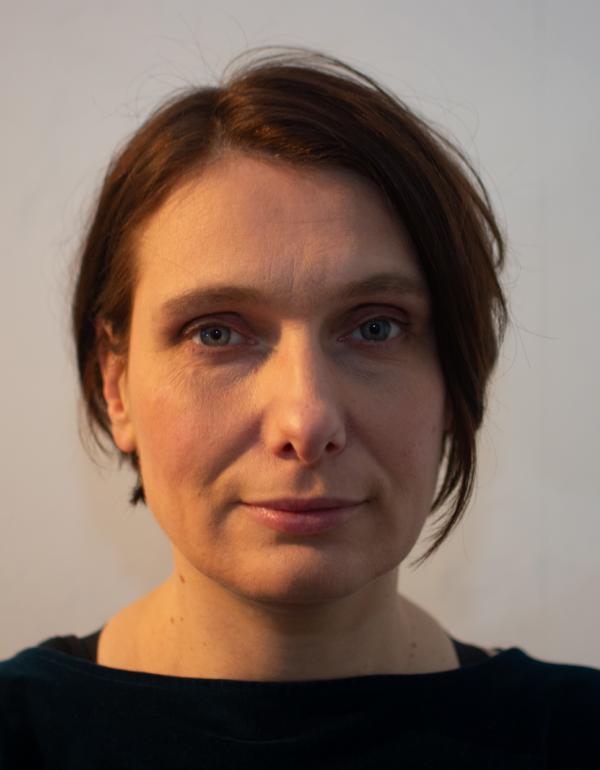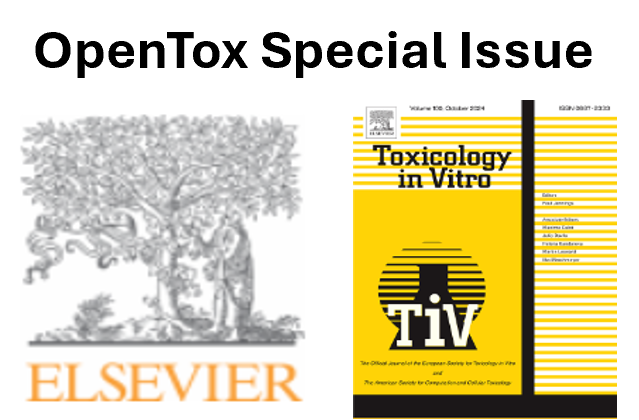
Dr. Ans Punt is a Dutch and European Registered Toxicologist (ERT). She earned her PhD degree from Wageningen University in the Netherlands, focusing on the development of physiologically based kinetic (PBK) models to explore species differences and human variation in kinetics. She continued her work in PBK modelling and new approach methodologies (NAMs) at Wageningen University and Research. Since 2023, she works as science leader at Unilever, where her primary focus lies in advancing PBK models for next-generation risk evaluations of chemicals.
Next-Generation Risk Assessment (NGRA) Approaches for Systemic Toxicity: Integrating In Silico and In Vitro Methods
Next-Generation Risk Assessment (NGRA) aims at integrating in silico and in vitro methodologies, to obtain an exposure-led, hypothesis-driven risk assessment approach. Key components include physiologically based pharmacokinetic (PBPK) modelling, which predicts internal exposure, and a suite of in vitro assays designed to give broad biological coverage across many different toxic modes of action. To assess the risk, the in vitro biological effect concentrations and exposure estimates are combined into a single metric, the bioactivity exposure ratio (BER). A lower BER indicates a higher potential risk. We have tested this approach for systemic toxicity with 48 chemicals and 94 exposure scenarios. Depending on the uncertainty in the PBK model predictions BERs above 110 (in silico parameterized PBK model), 11 (PBK model containing in vitro parameters), or 2.5 (PBK model optimized to in vivo kinetic data) were considered low risk. Using this approach, we found that for the majority of the chemicals (>90%) the workflow is protective of human health, enabling us to make animal-free safety decisions and preventing unnecessary animal use.

